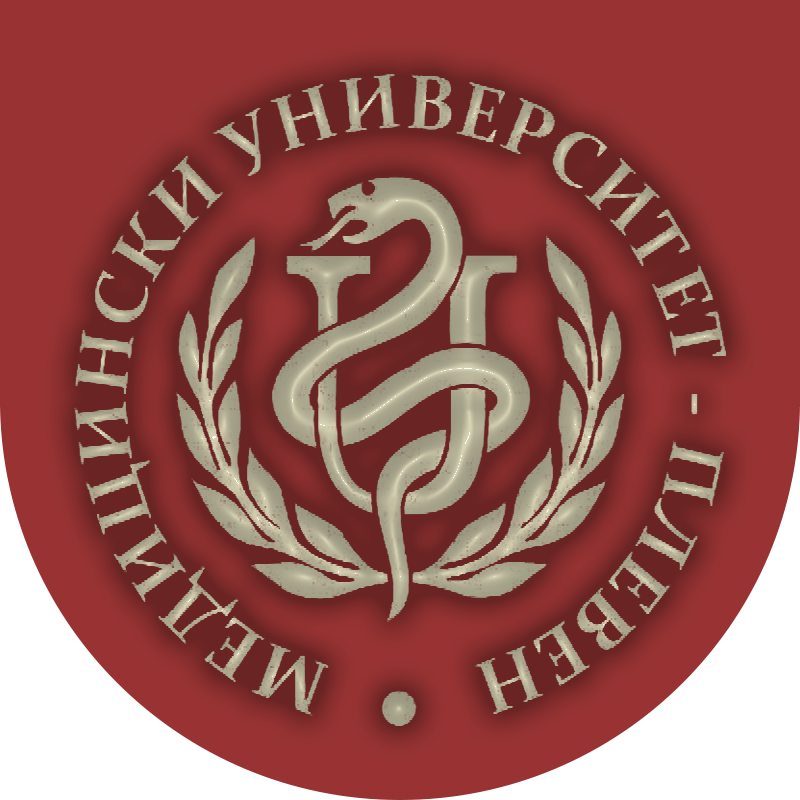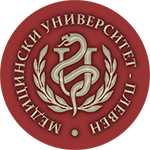„Platinum and Non-platinum Metal-based Organic Complexes with Potential Anticancer Activity“ - монография
Автор: Stefka Ivanova
Първо издание, Плевен, 2022
© Издателски център на МУ-Плевен,
ISBN - 978-954-756-298-1
Carcinogenesis is a multi-stage process of transformation of healthy cells into cancer cells. The process includes initiation, promotion, malignant transformation of cells and progression. Malignancies are the leading cause of mortality worldwide: a group of more than 100 types of various diseases, which are characterized by uncontrolled cell growth, local tissue invasion and distant metastases. The incidence of malignant tumors is increasing, and the incidence rate of lung tumors, prostate and colon carcinomas in men and breast carcinomas in women is growing even faster. Therapy includes surgery, chemotherapy, radiotherapy and radiation therapy. Chemotherapy uses alkylating agents, antimetabolites, antitumor antibiotics, natural products, and hormones that selectively destroy tumor cells or limit their proliferation. Among the most commonly used anticancer drugs are those based on platinum complexes. Cisplatin (cis-dichloro, diamino platinum (II)) is the first complex not to be successfully clinically used and is one of the most important modern cytostatics for the treatment of testicular teratoma, ovarian cancer, bladder, head and neck tumors. 50% of “platinum” therapy is based on Cisplatin. Despite its significant therapeutic efficacy, its clinical use in effective high-dose courses is limited due to the manifestation of severe dose-limiting side effects such as nephrotoxicity, peripheral neuropathy and myelosuppression, as a result of the interaction with other biomolecules in the body and the development of resistance as a result of inefficient accumulation in tumor tissue.



